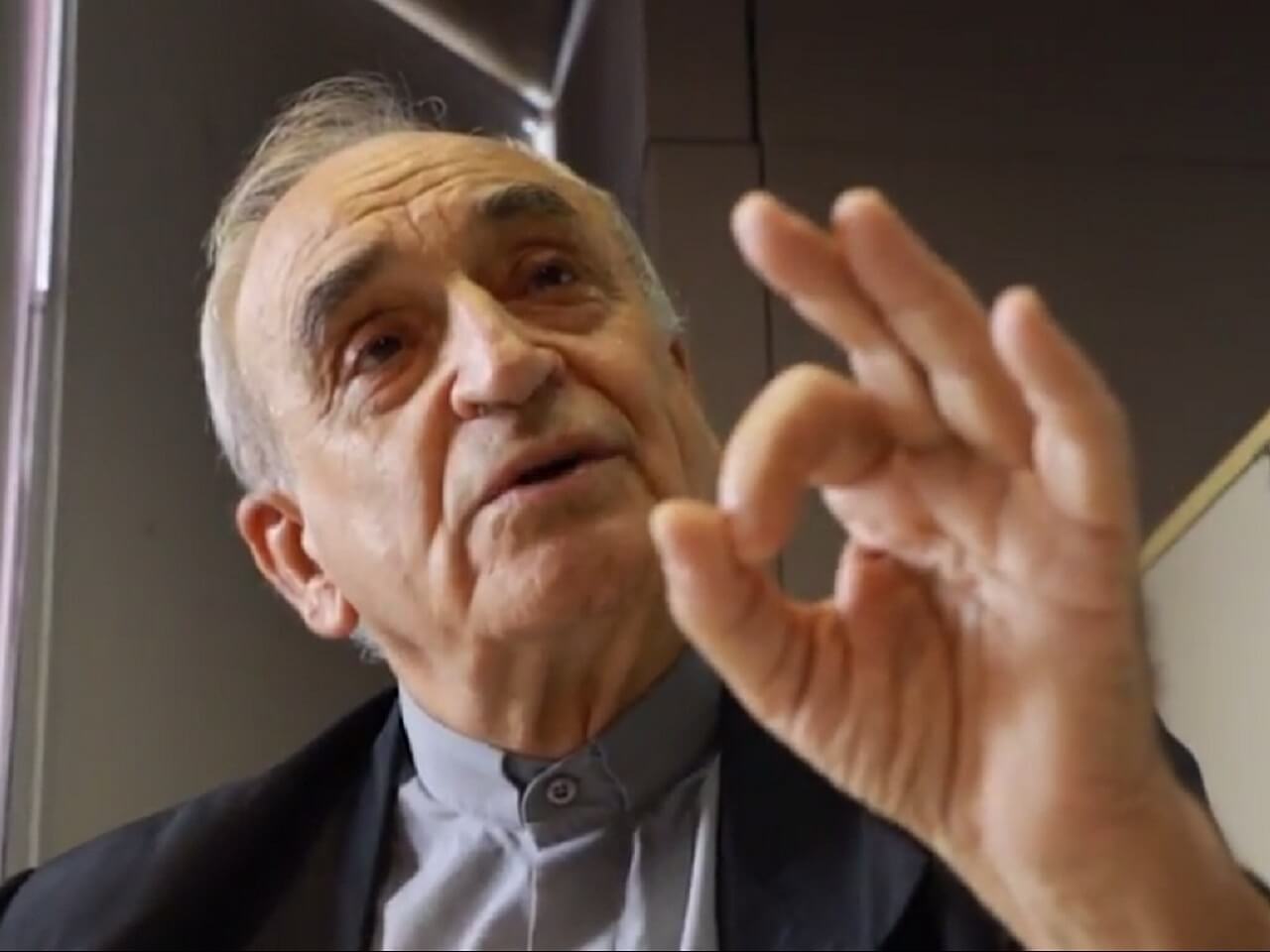In what seems to be growing concern about the true mission, vision, and motivation of the upcoming Pan-Amazon Synod, two Catholic bishops from the missions in the Amazon have made public statements questioning a foundation of the Vatican’s October event: the synod’s working document. How can, as one bishop put it, a synod “of this magnitude be built with a presentation so far from reality”?
Bishop José Luis Azcona, missionary bishop emeritus of Marajó, Brazil, stated in a recent interview given to ACI Digital that the Amazon missionary region is hemorrhaging its once Catholic identity. “The Amazon, at least the Brazilian Amazon, is no longer Catholic,” he said, noting that “any nostalgia for an Amazon that no longer exists is fatal to its integral evangelization. Even in some areas of the Amazon the Pentecostal majority reaches 80%.” He continued, “The themes around the inculturation of the Gospel in the Amazon and related areas, are presented in a context of immanence, Neo-Pelagianism, leveling out the Gospel with Amazonian (indigenous) cultures, ecclesiologically devoid of theological and pastoral foundations, annulling the Gospel of salvation.”
In a recent interview with Die Tagespost, German missionary Bishop Reinhold Nann warned against exaggerated expectations for the synod, although he seemed to cautiously promote its potential “universal significance in terms of climate and environmental protection.” He argued that the proposal to ordain married men, however, would not suffice in answering the foundational evangelization needs of his missions, nor could married men be financially supported, due to the meager living available to most parishioners.
Disturbing elements in Bishop Nann’s admission included what seemed to be self-condemnation of the Catholic missions in the region. The blame seemed to be placed on the lack of faith within the lives of the indigenous people, but the bishop did not address the source of this apathy. “In the Amazon, the Eucharist, unlike the Andean area, is not really in demand by the inhabitants. A ‘word service’ is just as much a Mass as a Mass. Only we theologians think that the Eucharist is the most important thing.”
Assessing these statements, made by bishops serving in a region that has been elevated for this Vatican synod, raises fundamental questions on the state of evangelization in the Church. These two members of the hierarchy seem to acknowledge the state of spiritual apathy and disrepair in their mission church, yet they stop short of admitting to what led to this critical moral and spiritual decay. Protestants are evangelizing where Catholics, it seems, are no longer keen to. Bishop Azcona’s statement, in his interview, that nearly 80% of the population he serves is Protestant (therefore bereft of sacraments or doctrinal formation) calls into question the motivation behind highlighting the Amazon for such an important Vatican meeting. In fact, according to Bishop Azcona, proposals such as ordaining viri probati priests are “useless,” as “the problem is not just the lack of enough priests, but the examination, discernment of this great shortage for a realistic solution. The fundamental root of this shortage of vocations in the Church and also in the Amazon, including the evangelized indigenous peoples, is due to an alarming lack of faith or the absence of faith that works in practice through love and necessarily in history and society.”
Instead of calls for revitalizing the traditional, orthodox methods of evangelizing, the working documents for this upcoming synod, propose “new paths of evangelization” that focus on ecology, diversity, and an idealistic inculturation.
Brad Fassbender, a veteran missionary of South America, spoke with me on his personal experience in the regions where he worked. “I served in the Nicaraguan rainforest, Honduras, Haiti, Guatemala. But it’s all the same: Latin America is the evidence that much of the Church is in eclipse — even nearing the state of complete apostasy. These once Catholic countries are a graveyard of dry bones.”
When asked if it was his experience that the people of the regions he served had no real desire for true conversion (to include sexual morality) or desire for the Eucharist — as Bishop Nann seemed to suggest — he responded: “There is a lack of faith in the Curia, not in the poor! The poor believe strongly, they listen with hearts and ears wide open. They are easy converts. That’s why we see many of them converting to Protestant churches [sic]. Many within the Catholic hierarchy stopped believing and witnessing the faith of the apostles and the Fathers of the Church.”
Fassbender continued, criticizing the motivations behind the October synod: “Now the Vatican, it seems, is using the apostasy of the South American church [as an excuse] to ‘reinvent’ the Universal Church. All they have to do [to evangelize] is turn to the revealed truth of Jesus Christ through deposit of faith given to us by the Fathers of the Church. This Amazon synod is nothing more than certain men attempting to move forward [an agenda] despite growing apostasy, when it should be the Church moving forward in evangelizing Sacred Faith and Tradition.”
With the warnings and admissions of these missionaries, it is alarming that, as Bishop Azcona put it, “a synod of this magnitude [would] be built with a presentation so far from reality, from identity, from respect for what is different, when pre-established schemes of interpretation of reality deform what is real.”


